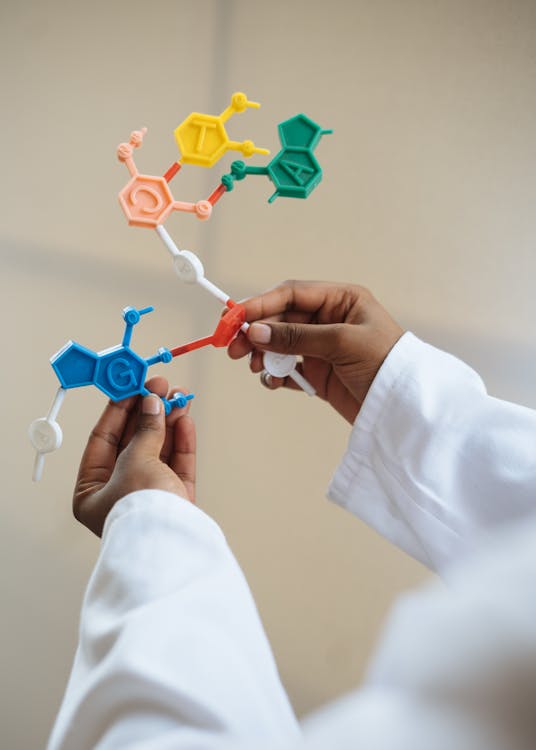
The Role of Extracurricular Activities in Education
Written by: Vyom Padhiyar
The Role of Extracurricular Activities in Education
Written by: Vyom Padhiyar
Extracurricular activities play a vital role in the holistic development of students. These activities, ranging from sports to arts to academic clubs, provide opportunities for students to explore their interests and talents outside the traditional classroom setting.
Participation in extracurricular activities can enhance students' social skills. Through teamwork and collaboration, students learn to communicate effectively, resolve conflicts, and build strong relationships with their peers.
Moreover, these activities can improve students' time management and organizational skills. Balancing academics with extracurricular commitments requires students to prioritize tasks, manage their time efficiently, and stay organized.
Extracurricular activities also contribute to physical and mental well-being. Sports and physical activities promote fitness and health, while artistic and creative pursuits can be a source of relaxation and stress relief.
Involvement in extracurricular activities can also boost students' self-esteem and confidence. Achieving success in areas outside academics, such as winning a sports competition or performing in a play, can enhance students' sense of accomplishment and self-worth.
These activities often provide leadership opportunities as well. Whether it's leading a club or being the captain of a sports team, students can develop and hone their leadership skills, preparing them for future roles in various settings.
Furthermore, participation in extracurricular activities can enhance college applications and job resumes. Admissions officers and employers often look for well-rounded individuals who have demonstrated commitment and achievement in multiple areas.
However, it is important to ensure that students do not become overwhelmed by their commitments. Striking a balance between academics and extracurricular activities is crucial to avoid burnout and ensure that students can fully benefit from both.
In conclusion, extracurricular activities are an essential component of education. They provide numerous benefits, from improving social and organizational skills to enhancing physical and mental well-being. By encouraging students to participate in these activities, we can support their overall development and prepare them for success in various aspects of life.


